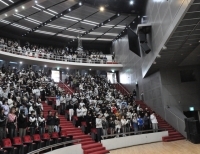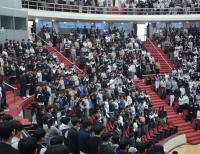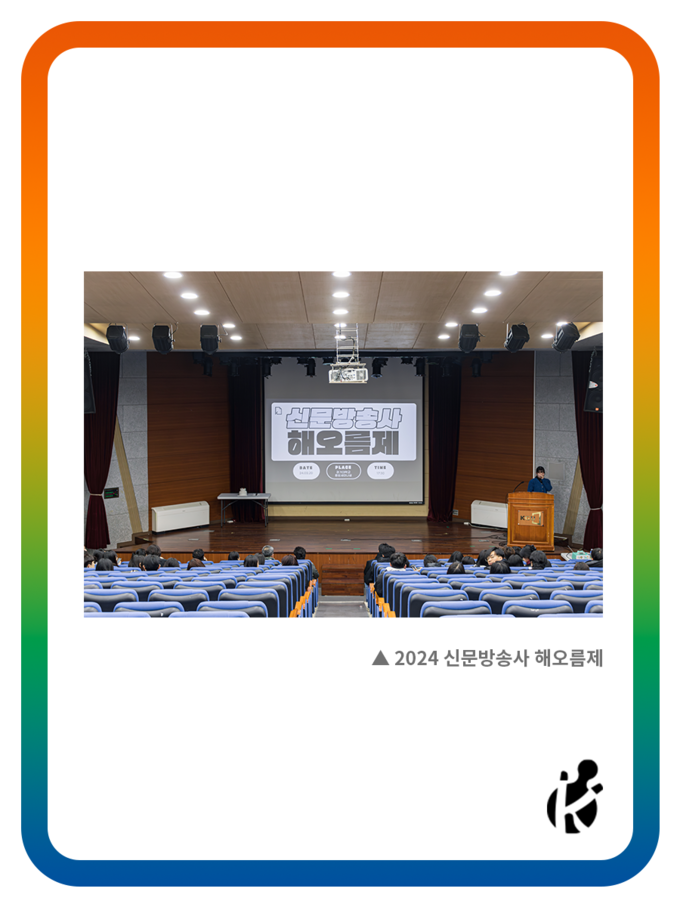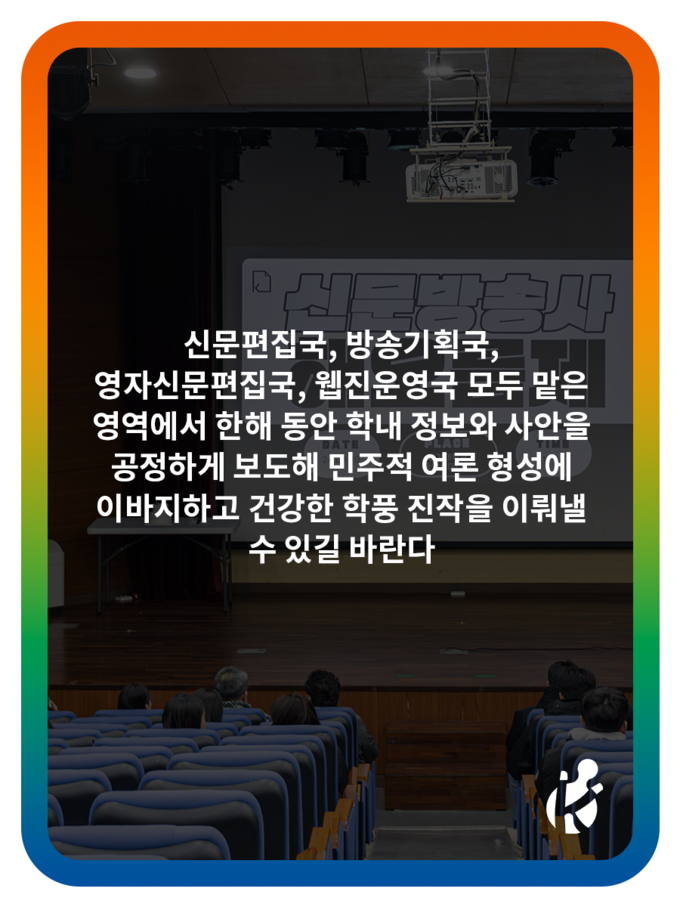Recently, rapidly growing Chinese game companies have dominated the global game market. Tencent, the big technology and game company in China, ranked eighth in market capitalization in the world in 2020. Tencent has been growing since 2010 by buying shares in Blizzard, Ubisoft and Epic Games and acquiring Riot Games, a famous game company in the U.S. NetEase, an Internet company that competes with Tencent, had more than double the sales of Nexon Korea in the first quarter of 2021 alone. China’s game market reached 40 trillion won with more than 700 million mobile game users in 2021. Experts who watched China’s growth predicted that China would become a new overlord in the global game market. On the other hand, some experts claim China’s IT development is not caused by growth of technology, but by the government’s excessive Internet regulation.
China's digital lockdown policy played a major role in China's development in the digital service sector. It is called the ‘Great Fire Wall’. The ‘Great Fire Wall’ is a combination of the Great Wall and Fire Wall, referring to China’s Internet surveillance and censorship system. It began in 1998 as the Golden Shield Project and was completed in 2003. The People's Republic of China blocks access to foreign websites through the ‘Great Fire Wall’ and slows traffic speed on certain sites. In addition, it requires foreign companies to strictly comply with regulations set by China. The ‘Great Fire Wall’ helps domestic companies grow by preventing foreign IT companies from entering China. It is not easy for foreign companies to pass strict Chinese government regulations. Some people call this situation China's "regulatory reverse discrimination".
If Naver is a large portal used by many people in Korea, the equivalent is Baidu in China. Baidu is the most used portal site for Chinese people. Many people buy Chinese products using Baidu in Korea. However, Naver is not available in China. Not only Naver, but also Google, the world's largest search engine, cannot be used in China. This is because the ‘Great Fire Wall’ is blocking access to Naver by Chinese internet providers. To access Google in China, you must use bypass programs such as virtual private networks (VPN). Some analysts say that Google's influence in China is particularly low because the ‘Great Fire Wall’ has blocked Google's access. Since the Chinese government has banned all search engines offered by foreign companies, Baidu is the only option available.
WeChat is a mobile messenger service developed by the Chinese IT company Tencent. WeChat, which is available in several other languages than Chinese, is also available in Korean. WeChat is a multi-functional business platform that allows users to pay utility bills, use delivery services, do video sharing, play games, and shop. WeChat has more than 1.15 billion monthly users. KakaoTalk in Korea is a similar system to WeChat. However, unlike WeChat which is available in Korea, KakaoTalk service is not available in China. LINE is also not available. Facebook's WhatsApp, Russia's Telegram, South Korea's KakaoTalk, and Japan's Line are all blocked by the ‘Great Fire Wall’. Chinese residents have no choice but to use WeChat because there are few options for messengers.
Many other services are also blocked by the ‘Great Fire Wall’. Most international services, including YouTube, Facebook, Instagram, Twitter, and Gmail, are not available in China. China's unfair blocking and permissions also apply to the game industry. South Korea has had a hard time receiving permission for game services in China since its economic retaliation following the THAAD deployment on the Korean Peninsula in 2017. Korean games have virtually been blocked from being exported to China. However, Chinese games have a 99 percent approval rating in Korea. While more than 200 new Chinese mobile games entered Korea, only one Korean game was allowed to be distributed. Many feel that this permission was only for show. The South Korean government is responding passively. The South Korean government has not taken any related measures on the import and export of IT services that are slanted between South Korea and China. The game industry's voice stating that this is unreasonable deserves to be heard.
The ‘Great Fire Wall’ has influenced the development of China's digital industry. There are pros and cons at the same time. The implementation of the ‘Great Fire Wall’ will increase the number of users in China and further boost the country's system by increasing domestic use. However, not being able to use the system to create diverse and useful systems not only at home but also abroad can be damaging. In a globalized society where communication with other countries is important, it is not good for China to be aware of SNS yet block channels that facilitate communication with people from many countries around the world. China is missing that opportunity because it is also important to learn from other countries' systems. Although the ‘Great Fire Wall’ policy can contribute to the development and revitalization of the country's system by securing Chinese users, critics say that it regrettably eliminates the opportunity to communicate with the world in a globalized society.
The ‘Great Fire Wall’ has duplicity, like two sides of a coin. These policies are implemented to revive domestic business, but it is a loss not to accept the good things from other countries. Some criticize China’s policy and claim that the government should impose strong regulations on China’s IT services, while others assert that it is unfair to apply different standards to a certain country. We should seriously think about China’s digital lockdown policy.
76th Cub Reporter•Kim HyeonA•hangitup@kyonggi.ac.kr
76th Cub Reporter•Go Eun Ji•dorothy0438@naver.com
- TAG
-
 What Happened in KGU? : 수원캠퍼스 학생총회 편
On April 4th, a general meeting of students was held in the Tele-convention center at the Suwon campus. The contents were the same as the general meeting of students in the Seoul campus: the first part was for agenda announcement, the second part was about the Membership Training for whole university, and the third part was simple Q&A time. In the first part, the agendas were all the same as the ones for the Seoul campus, and the result of the ...
What Happened in KGU? : 수원캠퍼스 학생총회 편
On April 4th, a general meeting of students was held in the Tele-convention center at the Suwon campus. The contents were the same as the general meeting of students in the Seoul campus: the first part was for agenda announcement, the second part was about the Membership Training for whole university, and the third part was simple Q&A time. In the first part, the agendas were all the same as the ones for the Seoul campus, and the result of the ...

 [타 대학보 축사] 늘 그랬듯, 묵묵히
[타 대학보 축사] 늘 그랬듯, 묵묵히
 [와이파이] 큰 박스에 달랑 물건 하나, 과대포장 규제 정책 시행은 언제쯤
[와이파이] 큰 박스에 달랑 물건 하나, 과대포장 규제 정책 시행은 언제쯤
 [문화산책] 이 세계는 멋져 보이지만 모두 환상이야
[문화산책] 이 세계는 멋져 보이지만 모두 환상이야
 [네컷만화] 학생총회
[네컷만화] 학생총회

 목록
목록


















